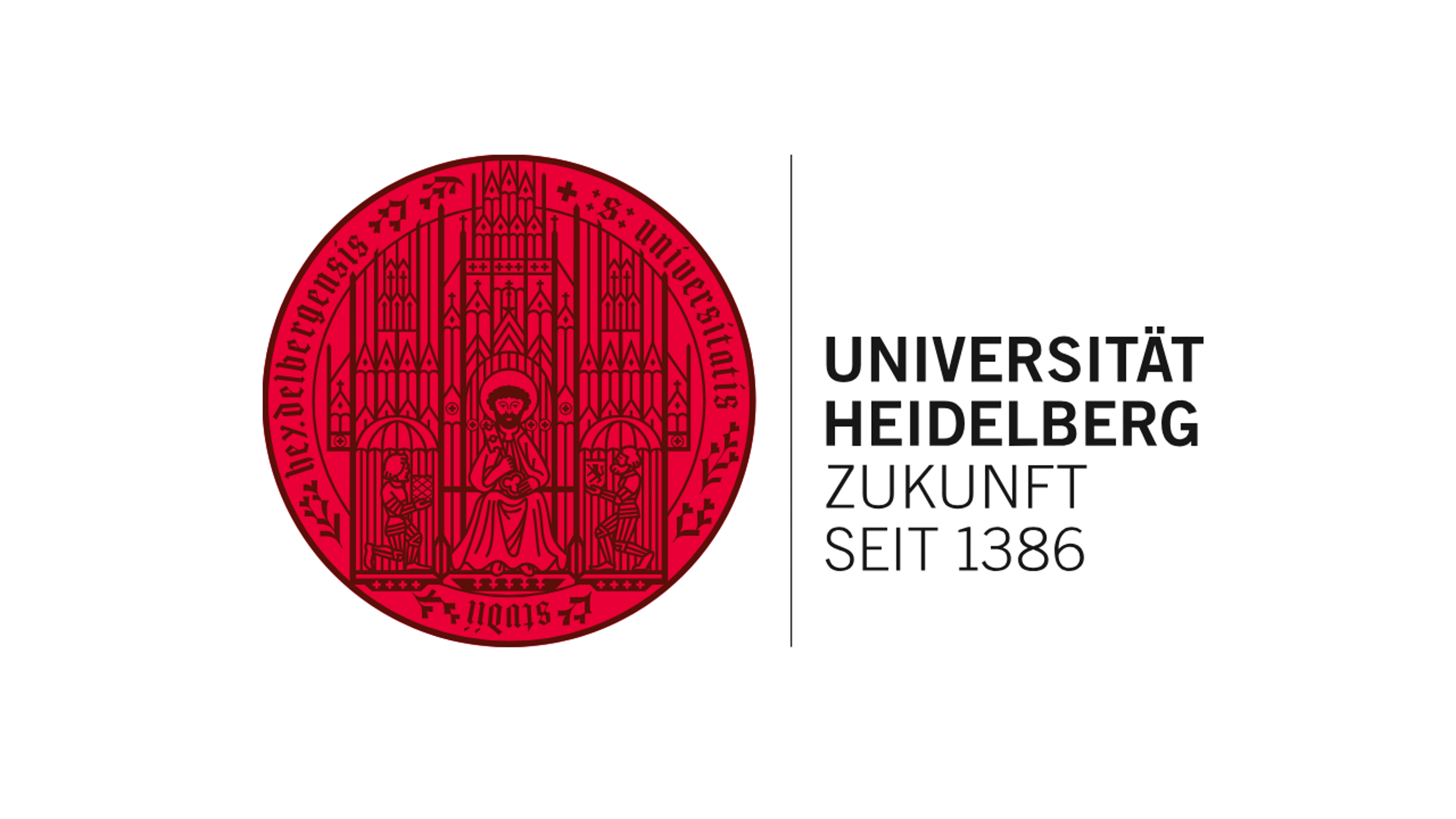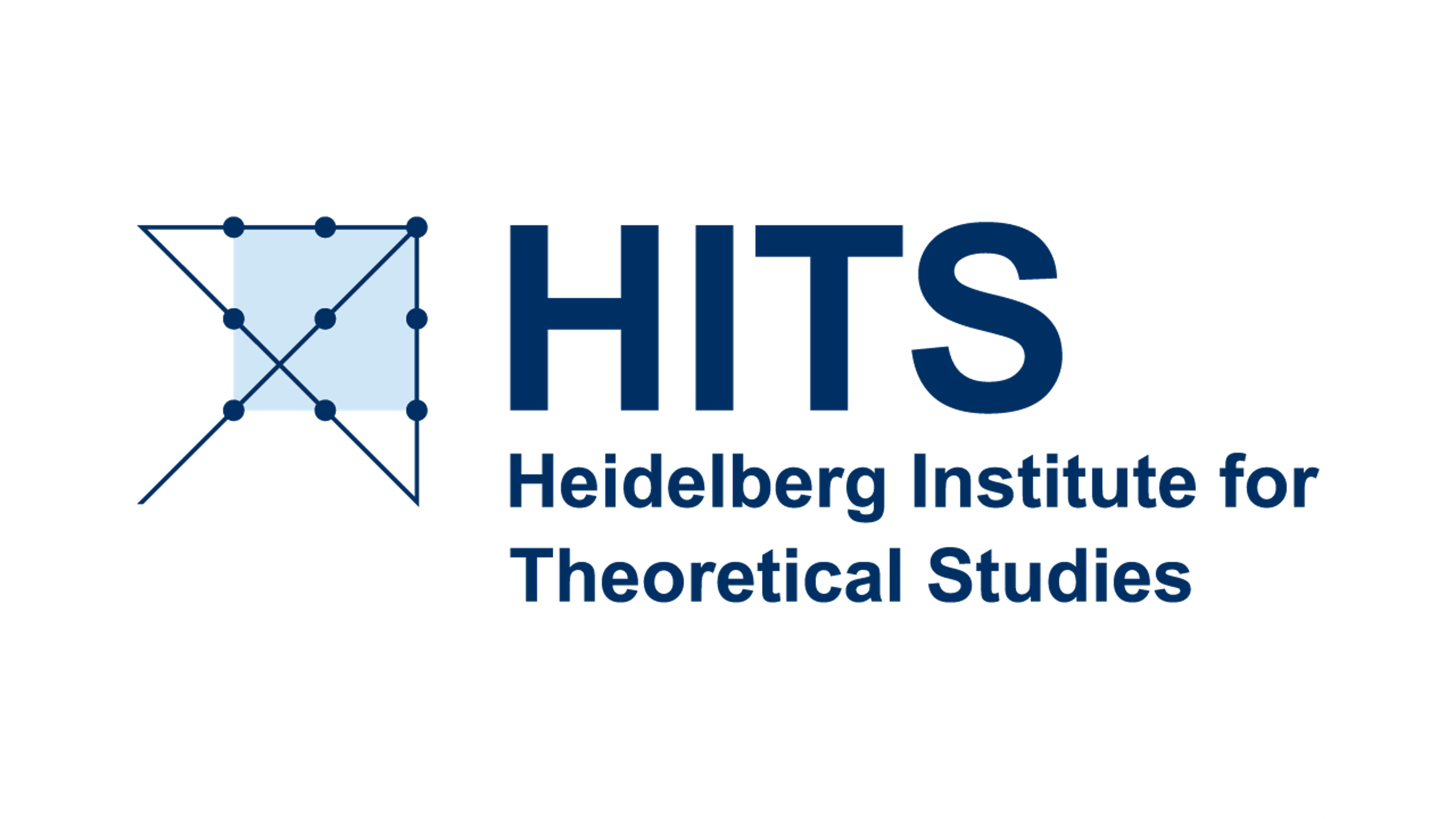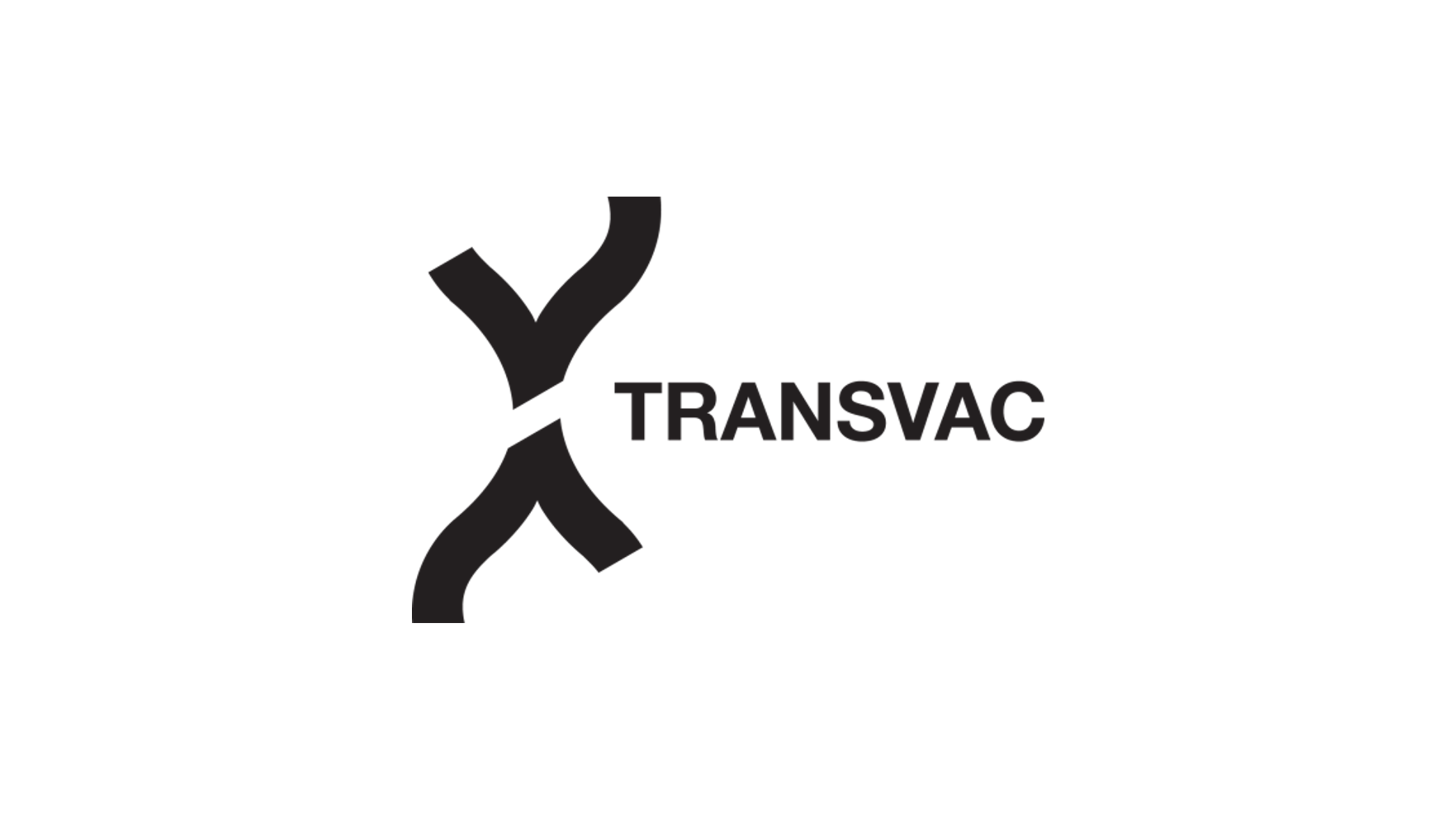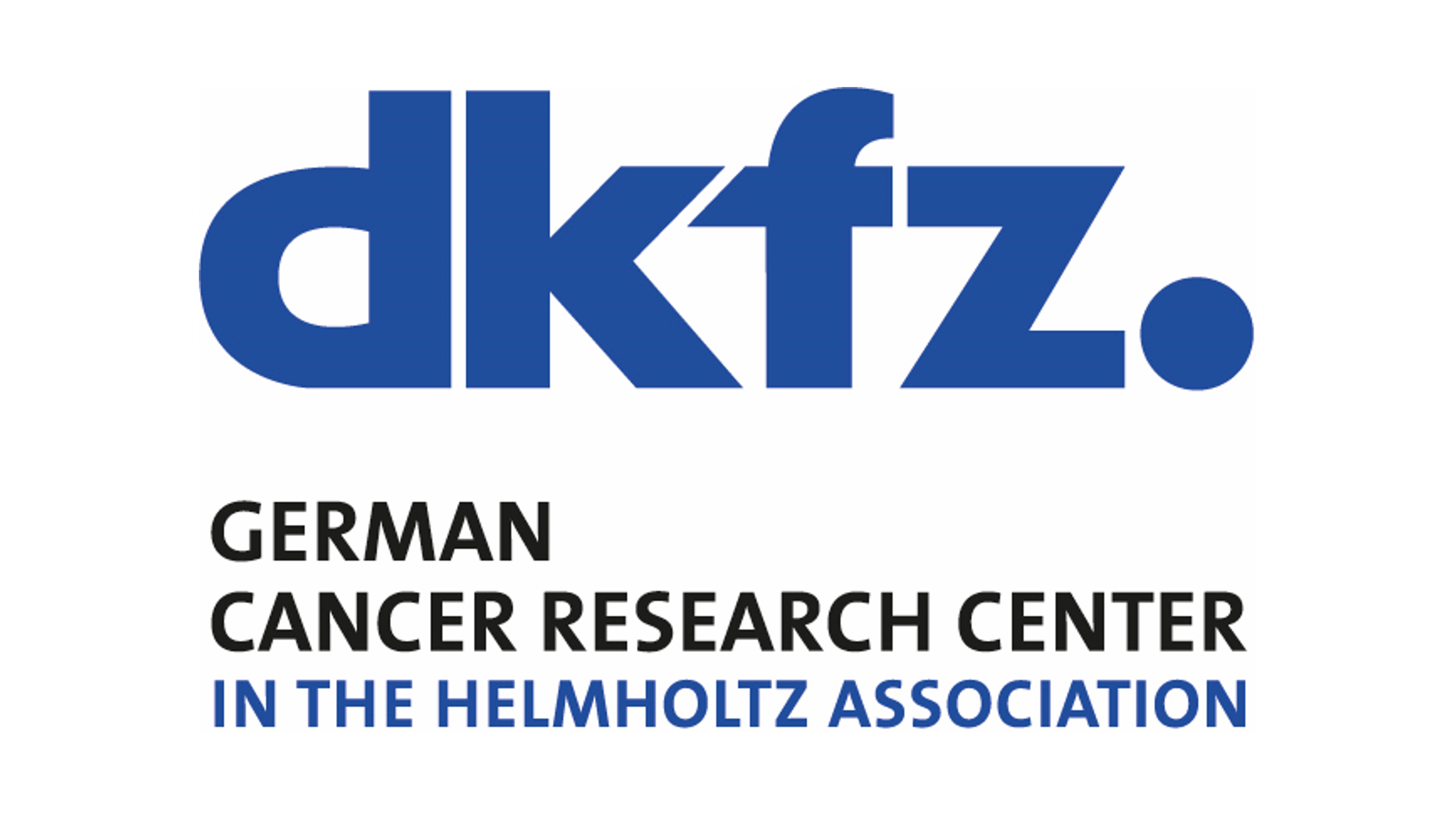
Research

Structural biologists provide a first-time look at the atomic level into the quality control mechanism of this complex molecular machine A complex molecular machine, the spliceosome, ensures that the genetic information from the genome, after being transcribed into mRNA precursors, is correctly assembled into mature mRNA. Splicing is a basic requirement for producing proteins that […]
read more
Heart drug Beyonttra™ (acoramidis) approved in EU for treatment of transthyretin amyloidosis in adults with cardiomyopathy
Approval based on positive results from Phase III ATTRibute-CM study / Beyonttra™ is a near-complete (≥90%) stabilizer of transthyretin (TTR) minimizing amyloid formation / Phase III ATTRibute-CM study with Beyonttra™ has shown clear benefits on cardiovascular endpoints already starting as early as 3 months after treatment initiation. Berlin, February 11, 2025 – The European Commission has […]
read more
Therapeutic Designer Peptide to Combat Acute Heart Muscle Weakness
Researchers of the Heidelberg University, Heidelberg University Hospital (UKHD) and Heidelberg Institute for Theoretical Studies (HITS) have developed a synthetic peptide based on the natural protein S100A1, a nearly universal “fuel” for weakened hearts. The researchers combined computer-aided methods with lab studies to investigate the therapeutic effect of the so called S100A1ct peptide molecule. The […]
read more
TRANSVAC: a pillar of vaccine development in Europe for 16 years
The European vaccine development ecosystem has been strengthened over the last 16 years, thanks to the EVI-led TRANSVAC project, an ambitious initiative funded by the European Commission. Since its launch in 2009, TRANSVAC has established itself as a key player in advancing vaccine research, supporting over 160 vaccine projects while fostering innovation and collaboration in […]
read more
Novel analysis of intrinsically disordered proteins
Researchers from Mainz University and EMBL Hamburg present a new approach for structurally characterising disordered proteins by combining two different analysis methods. Proteins are the molecules that perform most ‘actions’ in the cell, and thus, are key for our body functions. Essentially, proteins are strings of amino acids, which, in most cases, fold like origami […]
read more
Repeated polyp diagnoses in relatives indicate higher risk of colorectal cancer
Researchers at the German Cancer Research Center (DKFZ) and at the National Center for Tumor Diseases (NCT) Heidelberg have investigated the association between an individual’s risk of colorectal cancer and repeated diagnoses of colorectal polyp in relatives. They conclude that, in particular, the risk of developing colorectal cancer at a young age is significantly increased […]
read more
Akribion Therapeutics exits from stealth with €8m seed financing to pioneer RNA-guided, programmable cell depletion
Zwingenberg, Germany, 4 February 2025 – Akribion Therapeutics (“Akribion”), the early-stage biotech developing a unique, RNA-guided, nuclease-based technology for programmable cell depletion, today announces its exit from stealth and the completion of a Seed Financing round raising EUR 8 million to accelerate the development of novel therapeutics based on Akribion’s proprietary G-dase® E nucleases. The round […]
read more
Gyros Protein Technologies introduces Gyrolab HEK293 HCP Type SN and Type CL Kit Reagents to support biotherapeutic development
Uppsala, Sweden, 05 February 2025: Gyros Protein Technologies AB, a pioneer in automated nanoliter-scale immunoassays and leading provider of peptide synthesizers, today announced the introduction of its Gyrolab® HEK293 HCP Type SN Kit Reagents and Gyrolab HEK293 HCP Type CL Kit Reagents. Developed with antibodies from BioGenes GmbH, a global leader in host cell protein (HCP) assay […]
read more
BioMed X Institute and Merck Successfully Complete Extrachromosomal DNA in Cancer Research Project
The research of BioMed X team EDC – Extrachromosomal DNA in Cancer – has uncovered critical insights into the mechanisms driving extrachromosomal DNA (ecDNA) formation and maintenance, offering potential avenues for novel cancer therapies. Heidelberg, Germany, February 6, 2025. BioMed X, a German independent research institute, announces the successful completion of its oncology research project in partnership […]
read more
